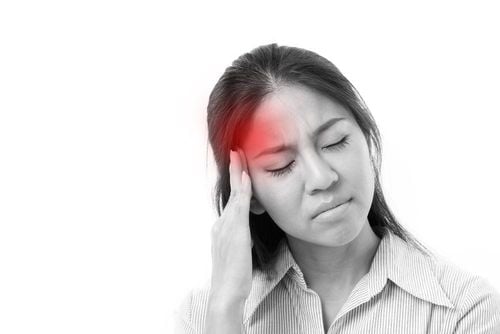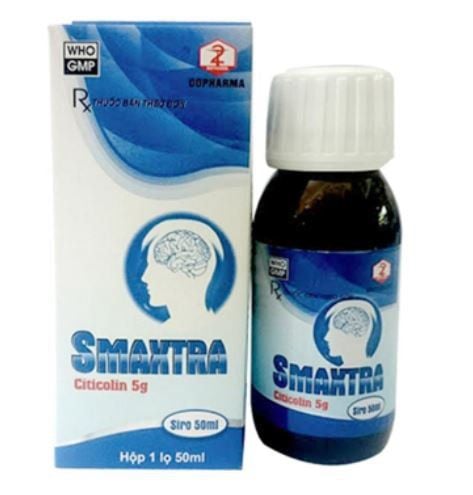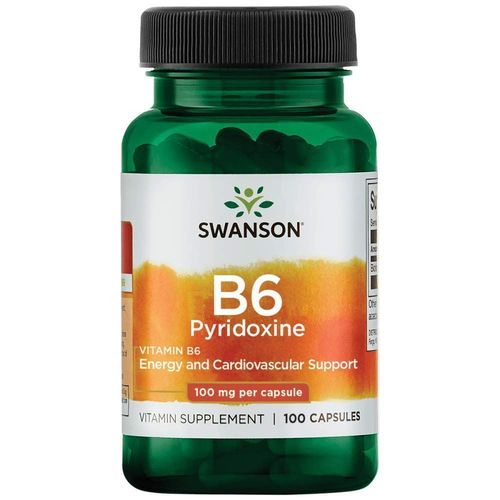This is an automatically translated article.
The article was professionally consulted by a Doctor of Medical Examination & Internal Medicine - Vinmec Central Park International General HospitalDementia includes a group of symptoms that affect your memory, thinking and social abilities, having an impact on your daily life. Although dementia is generally related to memory loss, just having symptoms of dementia does not mean you have dementia. Alzheimer's disease is the most common cause of advanced dementia in older adults. Depending on the cause, some dementia symptoms may improve.
1. What is dementia?
According to the World Health Organization, dementia is a syndrome with a chronic and progressive course, in which there is a decline in cognitive function (ie thinking ability) compared to the average person in the same age. This syndrome affects memory, thinking, orientation, comprehension, calculation, learning ability, language, and judgment. Decline in cognitive function often accompanies, or sometimes precedes, with impairments in emotional control, social behavior, or motivation.
Although age is the strongest risk factor for dementia, it is not an inevitable consequence of aging. The onset of symptoms of the disease in people before the age of 65 is called juvenile dementia, which accounts for up to 9% of cases.
2. Symptoms of Dementia

Sa sút trí tuệ ảnh hưởng đến trí nhớ, suy nghĩ
Cognitive changes; Amnesia, often noted by others; Difficulty communicating or finding words to communicate; Visual-spatial impairment, such as getting lost while driving; Difficulty reasoning or problem solving; Difficulty handling complex tasks; Difficulty with planning and organizing; Difficulty with motor function coordination; Confusion and disorientation; Psychological changes; Personality changes; Depression; Concerned; Unusual, inappropriate behavior; Paranoia; agitation; Illusion. When to see a doctor?
See a doctor if you or a loved one have memory problems or symptoms of dementia. Some treatments for the disease can cause dementia-like symptoms, so it's important to see a doctor to determine the cause so that appropriate treatment can be given.
3. Causes of dementia
Dementia is caused by damage or loss of nerve cells and the connections between them in the brain. Depending on the area of the brain affected, the symptoms vary.
Dementia is divided into groups based on common features, such as Tau protein disease, Alpha-synuclein protein. These abnormal proteins accumulate in the affected part of the brain. Some diseases present like dementia, such as drug side effects, vitamin deficiency diseases, but dementia-like symptoms in these conditions can improve with treatment. treat.
The most common causes of dementia manifestations include:
Neurodegenerative diseases, including Alzheimer's disease, Parkinson's disease, Huntington's disease, Lewy body dementia,... these diseases are increasingly heavier over time. Vascular dementia. Multiple sclerosis. Traumatic brain injury due to car accident, fall, concussion, ... Central nervous system infections, including meningitis, HIV and Creutzfeldt-Jakob disease. Long-term alcohol or drug abuse. Hydrocephalus (intraventricular fluid retention).
4. Dementia subtype
Dementia can be divided into two groups based on which areas of the brain are affected.
Dementia occurs due to problems in the cerebral cortex (outermost layer of the brain). The cerebral cortex plays an important role in memory and language. People with dementia often have severe memory loss and are unable to remember words to communicate or understand language. Alzheimer's disease and Creutzfeldt-Jakob disease are two forms of cortical dementia. Subcortical dementia, which occurs due to problems in the parts below the cerebral cortex. People with subcortical dementia tend to have changes in their thinking speed and ability to initiate activities, but they are less likely to experience amnesia or language disturbances. Parkinson's disease, Huntington's disease, and HIV can cause this type of dementia.

Bệnh Parkinson - bệnh thường gặp ở người già
5. Complications
Dementia can have many effects on the function of the body's systems such as:
Poor nutrition: Many people with dementia eventually reduce or stop eating, affecting the amount of nutrients needed by the body. body. Eventually, they may not be able to chew or swallow at all. Pneumonia: Difficulty swallowing increases the risk of choking or aspiration of food into the lungs, which can cause obstruction and aspiration pneumonia. Loss of self-care: As dementia progresses, it affects the ability to independently perform activities of daily living such as bathing, dressing, combing hair or teeth, and using the house. Sanitize or take medicine properly. Personal safety risks: Certain situations can cause safety problems for people with dementia, including driving, cooking, and walking alone. Death: Late-stage dementia leads to death, usually from infection.
6. Dementia prevention
There is no way to completely prevent dementia, but there are steps you can take to limit the disease or slow its progression:Brain-stimulating activities like reading, Puzzles, word games, memory training can delay the onset of dementia and reduce its impact on the body. Be physically and socially active. Physical activity and social interaction can delay the onset of dementia and reduce its symptoms. Move more and exercise for about 150 minutes per week. Quit smoking. Some studies have shown that smoking in middle age or older can increase the risk of dementia and vascular diseases. Quitting smoking can reduce your risk and improve your health. Provide enough vitamins for the body. Some studies show that people with low blood levels of vitamin D are more likely to develop Alzheimer's disease and other forms of dementia. You can get vitamin D in your body through certain foods, medications, and sun exposure. Management of cardiovascular risk factors. Adhering to treatment and managing diseases such as high blood pressure, high cholesterol, diabetes, and keeping body mass index (BMI) in the normal range. High blood pressure can lead to an increased risk of several types of dementia. Treat conditions related to hearing loss, depression or anxiety. Maintain a healthy diet. A healthy diet is important for many reasons, as a Mediterranean diet rich in fruits, vegetables, whole grains, and omega-3 fatty acids (found in some fish and nuts) helps strengthen health and reduce the risk of developing dementia. This type of diet also improves heart health, which helps reduce the risk of dementia. Try eating fatty fish like salmon 3 times a week, some nuts, especially almonds and walnuts should be eaten daily. Improve sleep quality. Build a healthy lifestyle for a good night's sleep and talk to your doctor if you snore or have periods of pauses in breathing or shortness of breath that keep you awake from sleep.
7. Dementia assessment test

Kiểm tra bệnh sa sút trí tuệ
Diagnosing dementia and its causes can be challenging for doctors. Manifestations of dementia include: cognitive impairment, inability to perform everyday functions, such as taking medications, paying bills, and driving safely.
To diagnose the cause of dementia, doctors need to find lost skills and functions and determine what people can still do on their own. Recently, scientists have used biomarkers to aid in the diagnosis of Alzheimer's disease.
In addition, the doctor will review your medical history, present symptoms and conduct a physical exam.
There is no single test that can diagnose dementia, so doctors need a number of tests and diagnostic techniques to determine the exact cause of the disease, such as:
Assessment of cognitive function. Examination of the nervous system. Brain CT or MRI scan. Positron tomography. Blood tests. Mental health assessment. Vinmec International General Hospital is one of the hospitals that not only ensures professional quality with a team of leading doctors, modern equipment and technology, but also stands out for its examination and consulting services. and comprehensive, professional medical treatment; civilized, polite, safe and sterile medical examination and treatment space.
Please dial HOTLINE for more information or register for an appointment HERE. Download MyVinmec app to make appointments faster and to manage your bookings easily.
Articles refer to sources: who.int, webmd.com













